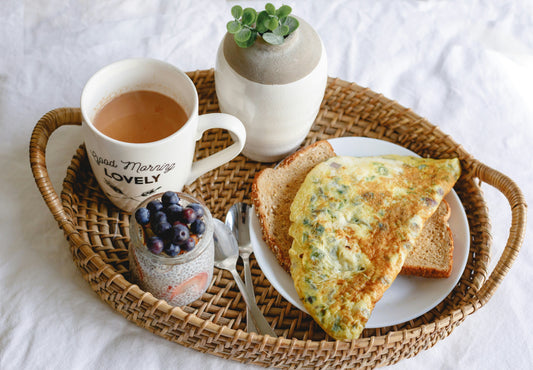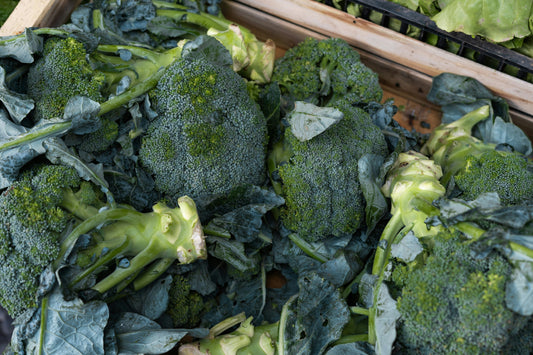I get asked lots and lots of questions from both the online community and clients, and often I get asked the same or similar questions each week. To help share the information that is most commonly sort after I will post two Q+A’s each week.
If you have questions that you would like answered simply email info@wellnessbyjessica.com, send me a Facebook message or leave a comment at the end of this Q+A.
Click here to read last week’s Q+A.
KOMBUCHA
Q: What is kombucha? And is it as good for you as everyone says? – Marie S.
A: Kombucha is a fermented tea originally from China. It is made by fermenting a mixture of black and green tea with sugar, and a source of bacteria and yeast. Kombucha is brewed with what people call a SCOBY (Symbiotic Colony of Bacteria and Yeast). After 7-10 days the bacteria will have consumed the majority of sugar in the mixture and you are left with a slightly sweet, fizzy and probiotic rich drink.
Probiotics and fermented foods have been shown time and time again to improve many aspects of health. Having healthy levels of good but bacteria has shown to improve weight loss efforts, reduce IBS symptoms, reduce bloating, and has even been shown to help with blood sugar control and consequently type 2 diabetes.
For more information on the importance of good gut bacteria click here.
Kombucha is made with green tea and black tea, so it contains all the antioxidants from these two types of teas. Antioxidants are important for untagging, cell repair and strengthening the immune system. Kombucha is often flavoured with other herbal teas, ginger, lemon and spices so you also get all the nutritional benefits of these ingredients too.
Kombucha does contain small amounts of alcohol as it is a fermented product, however for most people it is such a small amount that it isn’t noticed. You can click here to find out how to make your own, or you can purchase it online or in health food stores. My favourite brand is Good Buzz Kombucha, it is Kiwi made, low in sugar, great tasting, and they have many flavours to try.
MAGNESIUM
Q: Lots of people talk about taking a magnesium supplement for sleep, does it help? and how do you know if you need magnesium supplementation. – Phil T.
A: Magnesium is essential for hundreds of chemical reactions that take place in your body every second. It is needed for muscle movement, the conversation of food into usable energy, a healthy nervous system, and DNA repair. Magnesium is recommended to people who have issues relaxing sufficiently to fall asleep. Magnesium enables to muscle fibres to fully relax, which helps people to drift off more easily.
Headaches, poor sleep, PMS, muscle cramps, and insulin resistance can all be caused my inadequate magnesium intake. The RDI (Recommended Daily Intake) for men is 420mg and 350mg for women. However; exercise, stress, digestive issues, excessive alcohol intake and type 2 diabetes increases how much magnesium is needed for optimum health.
Magnesium is found in a wide range of foods however, the following are considered good sources:
- Pumpkin seeds (45% of the RDI in ¼ cup)
- Spinach and other dark green leafy vegetables (40% of the RDI in 1 cup cooked)
- Quinoa (33% of the RDI in 1 cup cooked)
- Black beans (30% of the RDI in 100g)
- Cashews (25% of the RDI in ¼ cup)
- Almonds (25% of the RDI in ¼ cup)
Many people choose to supplement with magnesium especially for muscle cramps, menstruation related cramps and to assist with sleep. My preferred magnesium supplement is the Sanderson Organic Magnesium Ultra-Absorb, it is well absorbed, easy on the stomach and cost effective.
Another way to increase your magnesium intake is by using magnesium salts or Epsom salts in the bath, magnesium is quickly absorbed through the skin and a bath is a great way to soothe sore muscles and prepare you for sleep.




